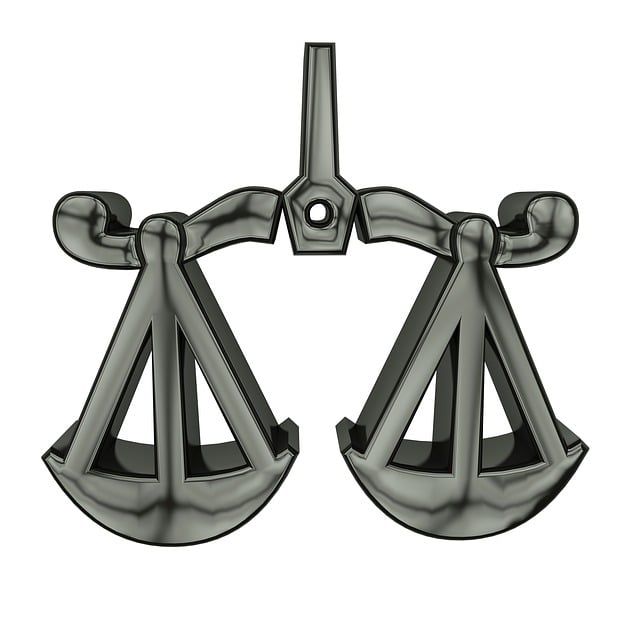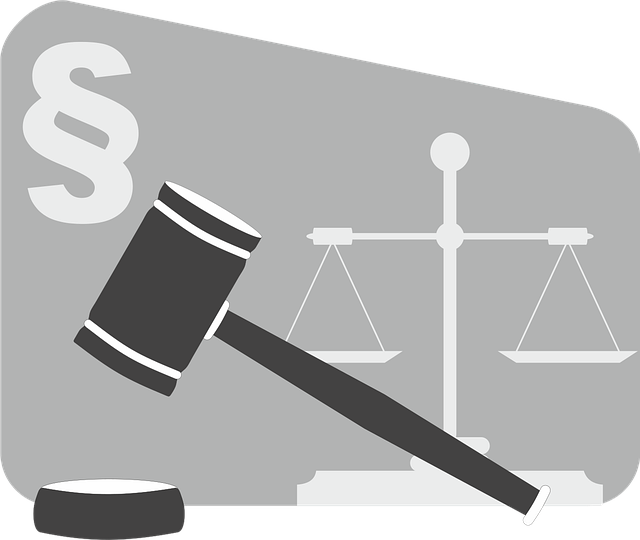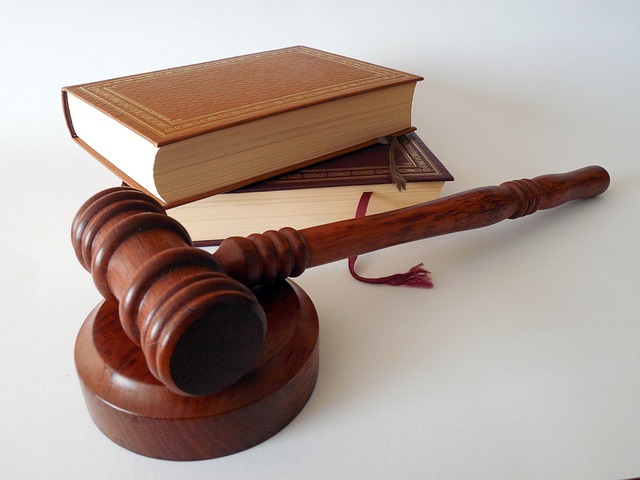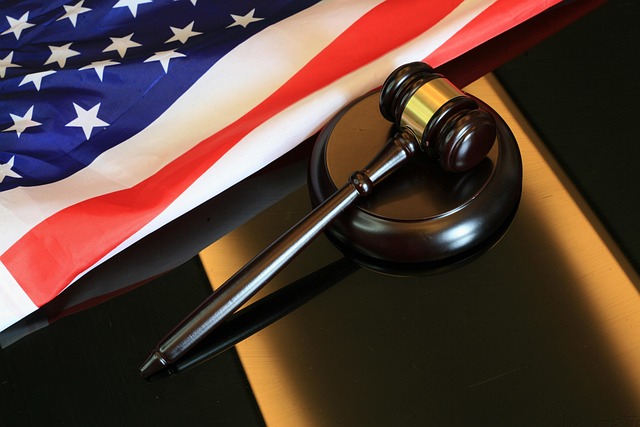Safeguarding intellectual property (IP) through patents, copyrights, trademarks, and trade secrets is vital in today's competitive market to prevent unauthorized use of creative works and innovations. Defending against IP claims, especially for copyright infringement, requires strategic analysis of alleged infringing material, understanding "fair use" doctrines, and early intervention. Trademark disputes necessitate assessing claim validity and the accused's reasonable grounds. In the digital era, advanced digital forensics techniques uncover evidence to differentiate legitimate use from infringement, aiding businesses in securing dismissals and fostering innovation without fear of unwarranted legal repercussions.
In the dynamic landscape of intellectual property (IP) law, understanding and enforcing rights are paramount. This article guides you through crucial aspects of criminal law enforcement related to IP, focusing on defending against copyright infringement claims. We explore strategies for navigating trademark disputes, the role of digital forensics in unravelling cases, and key protections under intellectual property laws. By delving into these topics, you’ll gain insights into effective legal defenses, ensuring robust protection for your creative works.
- Understanding Intellectual Property Laws and Protections
- Strategies for Defending Against Copyright Infringement Claims
- Navigating Trademark Disputes: Legal Defenses and Solutions
- The Role of Digital Forensics in Intellectual Property Cases
Understanding Intellectual Property Laws and Protections

Understanding Intellectual Property Laws is crucial for businesses and individuals to protect their creative works and innovations. This includes patents, copyrights, trademarks, and trade secrets, which are vital tools in defending against potential intellectual property claims. In today’s competitive landscape, where ideas and inventions are highly valuable, these legal protections play a pivotal role in ensuring the integrity of one’s work and preventing unauthorized use or replication.
For businesses dealing with high-stakes cases, having robust IP strategies in place can mean the difference between achieving extraordinary results and facing significant legal repercussions. Across the country, experienced legal professionals specialize in navigating complex intellectual property laws, helping clients secure their rights and take appropriate actions when facing infringement issues. This proactive approach allows for swift responses to protect valuable assets and ensures a competitive edge in the market.
Strategies for Defending Against Copyright Infringement Claims

When facing Defending Against Intellectual Property Claims, especially for copyright infringement, a robust strategy is essential. The first step involves a thorough review and analysis of the alleged infringing material to identify if it truly violates copyright laws. This process includes comparing the disputed work against the original to determine if there’s substantial similarity in expression, ideas, or themes. Legal experts often employ the “fair use” doctrine, which allows limited use of copyrighted materials for purposes like criticism, commentary, news reporting, teaching, scholarship, or research.
Beyond fair use, a strong defense can involve challenging the validity of the copyright itself. This might include questioning the originality of the work or whether it meets the formal requirements for copyright protection. Engaging in a proactive approach, such as educating employees about intellectual property rights and implementing robust internal protocols to prevent infringement, can also serve as a formidable general criminal defense strategy. For complex cases involving white collar defense, specialized legal counsel is often required to navigate the nuances of copyright law and protect the interests of individuals and businesses.
Navigating Trademark Disputes: Legal Defenses and Solutions

Navigating trademark disputes requires a strategic approach, especially when facing intellectual property claims. These legal battles can be complex, but understanding potential defenses is key to mitigating risks and protecting one’s interests. A robust general criminal defense strategy involves assessing the validity of the claim and examining if the alleged infringer had reasonable grounds to believe their actions were lawful.
Early intervention during all stages of the investigative and enforcement process is crucial. This may include challenging the trademark owner’s right to bring the action, questioning the uniqueness or strength of the mark, or asserting that the accused did not intend to infringe upon the intellectual property. Presenting a strong defense in jury trials can lead to favorable outcomes, ensuring businesses and individuals are shielded from unfair accusations and financial burdens.
The Role of Digital Forensics in Intellectual Property Cases

In today’s digital era, the role of digital forensics has become pivotal in intellectual property (IP) cases. As folks increasingly conduct business online, protecting and defending against IP claims is more complex than ever. Digital forensics experts employ advanced techniques to uncover evidence, enabling them to navigate the intricate landscape of data and distinguish between legitimate use and copyright infringement or trademark violations. This process involves sifting through vast amounts of digital remnants, from computer hard drives to cloud storage, to build a robust case.
By leveraging an unprecedented track record of successful investigations, these experts can help respective businesses secure complete dismissal of all charges related to IP infringement. Their meticulous approach ensures that the rights and interests of individuals and entities are protected, fostering an environment where innovation can thrive without fear of unwarranted legal repercussions.
In conclusion, navigating criminal law enforcement, especially regarding intellectual property (IP) cases, requires a comprehensive understanding of copyright, trademarks, and digital forensics. By familiarizing themselves with these legal aspects, professionals can effectively defend against IP infringement claims. Strategies outlined in this article, such as leveraging legal defenses and utilizing advanced forensics, are essential tools for safeguarding intellectual property rights in today’s digital landscape. Remember that staying informed and proactive is key to successfully defending against IP-related challenges.






